Snow falls later and melts earlier
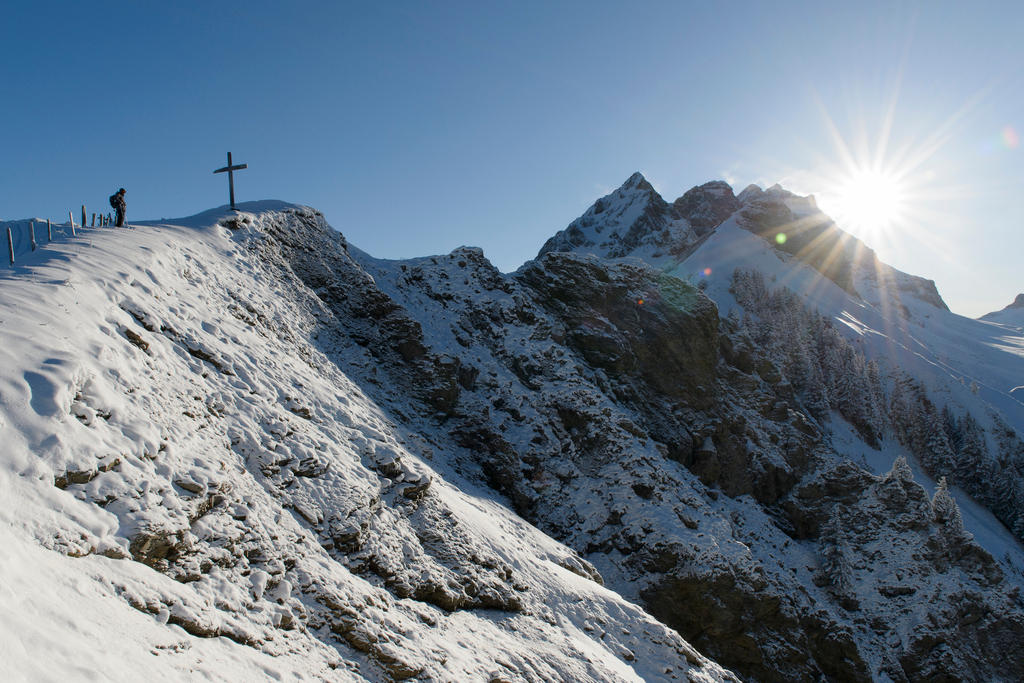
Climate change has made the ski season shrink over the last 45 years, according to a study that uses data from a number of Swiss weather stations.
The WSL institute for Snow and Avalanche Research and the University of Neuchâtel looked at information from 11 MeteoSwiss weather monitoring devices in different alpine regions of the country, and made an analysis of the data from 1970 up until 2015.
They found that the covering of snow now comes on average 12 days later in the autumn and melts away around 25 days earlier in spring, than it did in 1970. This means that the snow cover duration is declining twice as fast in spring as in autumn.
A significant shortening in the length of time the snow lasted could be seen at all of the weather stations, regardless of how high they are or whereabouts in the country they are located. The weather stations were all at heights somewhere between 1,100 and 2,500 metres above sea level.
They also found that the annual maximum snow depth went down by an average of 25%.
September highs
WSL researcher Martine Rebetez said in a press release, published on Wednesday, that the results showed the snow cover duration “has been reduced not only at low altitudes, where the change is immediately apparent to everyone, but in all altitude zones which we investigated.”
The researchers didn’t give an indication of how the trend could continue, but said they expect it to have an impact on both winter sports and water availability in the summertime.
The trend looks set to continue, according to the latest data from the weather service of Swiss public television SRF. The first half of September has been the warmest on record in Ticino and around Lake Geneva, measurements reveal.
The Italian-speaking Ticino saw temperatures of above 25 degrees Celcius every day in this period. Other areas, which would normally see three or four plus-25 degree days in September, had recorded 11 to 13 days halfway through the month.
The Swiss Meteorological Office said that average temparatures south of the Alps had hit record highs at the start of September, beating the previous record set in 1895 for this time of year.
If the dry, warm weather continues in this vein for the rest of September, it could easily provide all-time high average temperatures for the whole of Switzerland this month, meteorologists estimate.
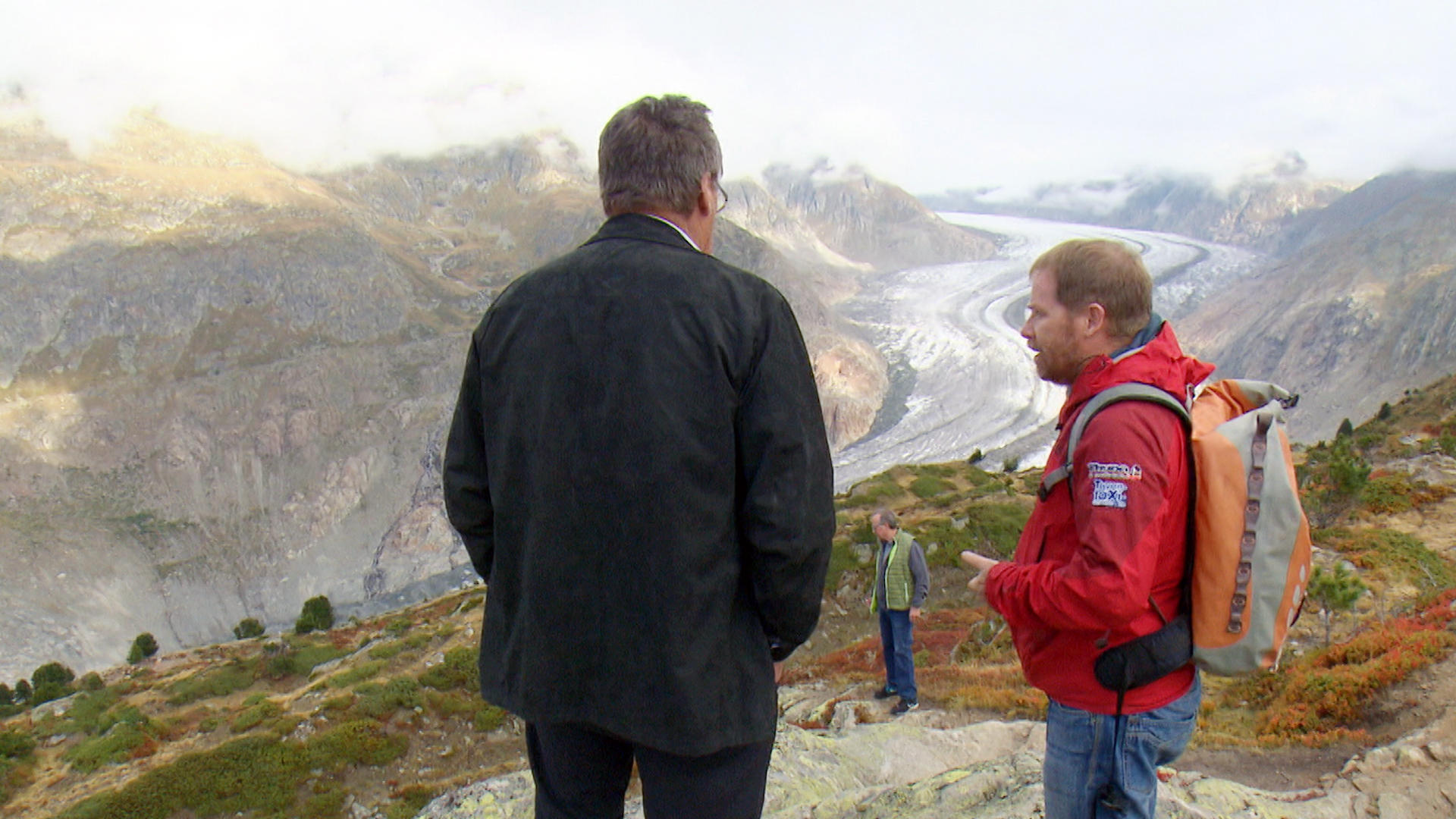
More
Mountain near collapse on Europe’s biggest glacier

In compliance with the JTI standards
More: SWI swissinfo.ch certified by the Journalism Trust Initiative
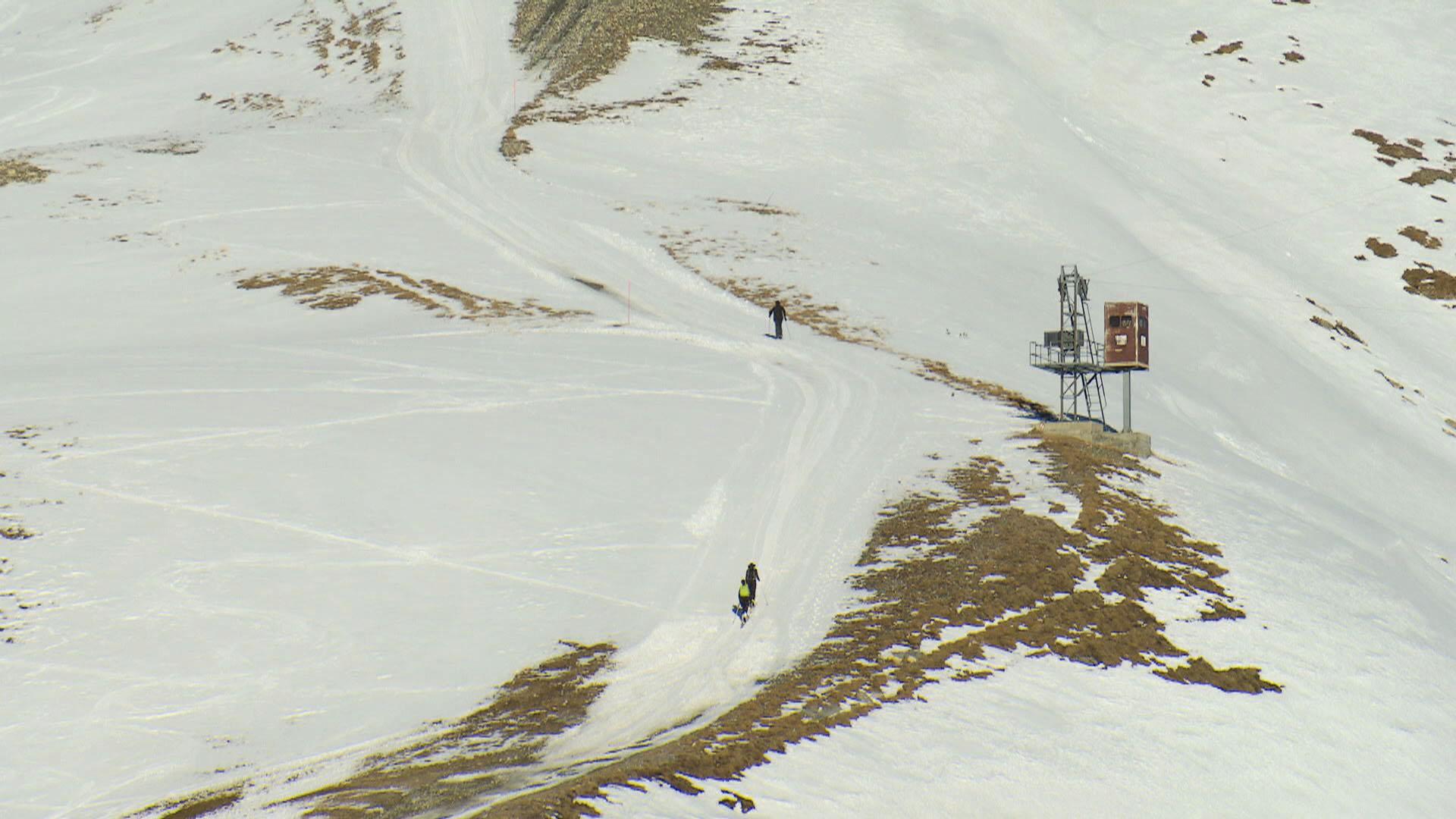
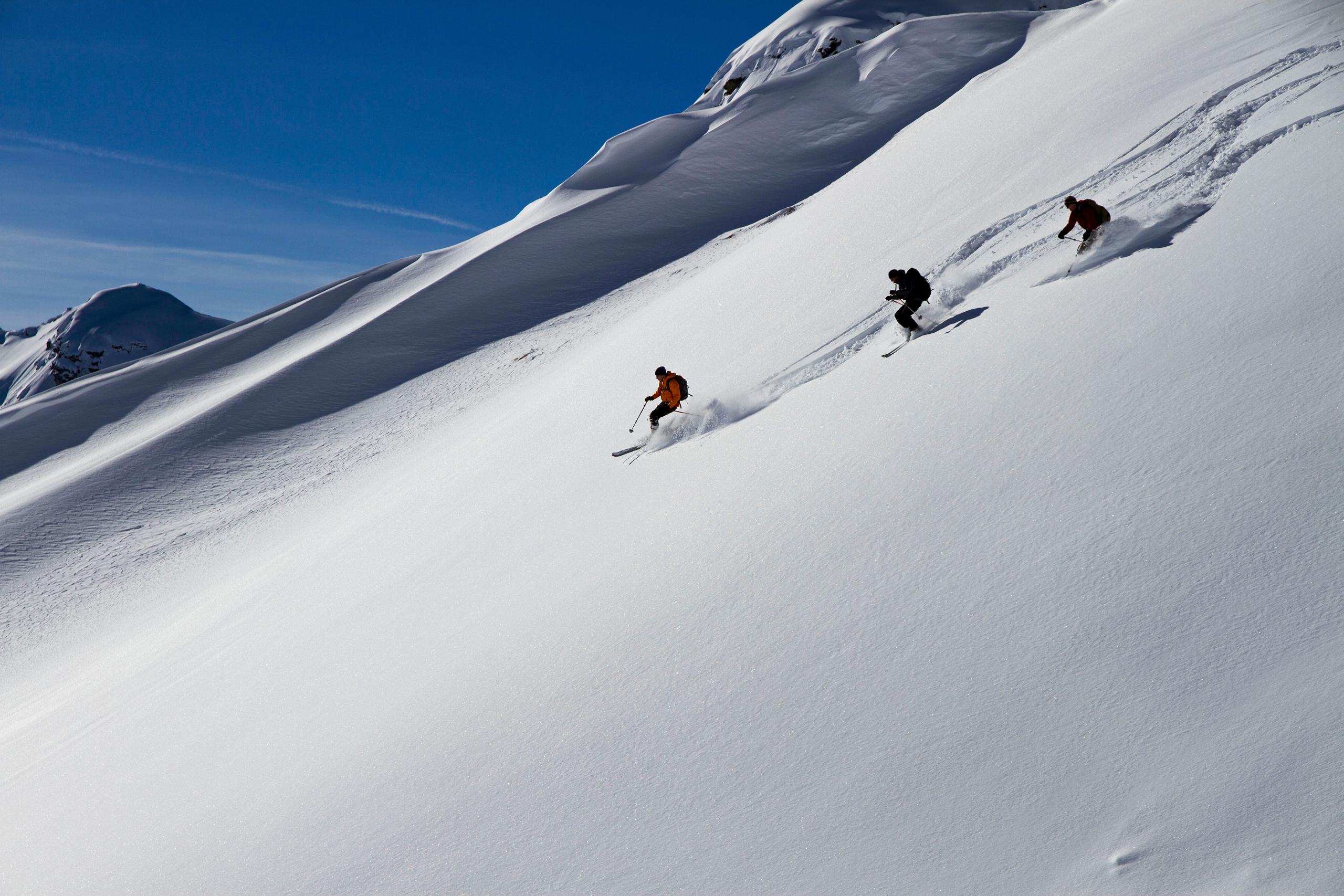
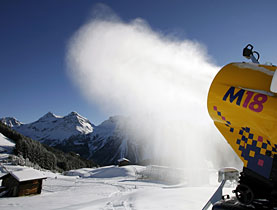
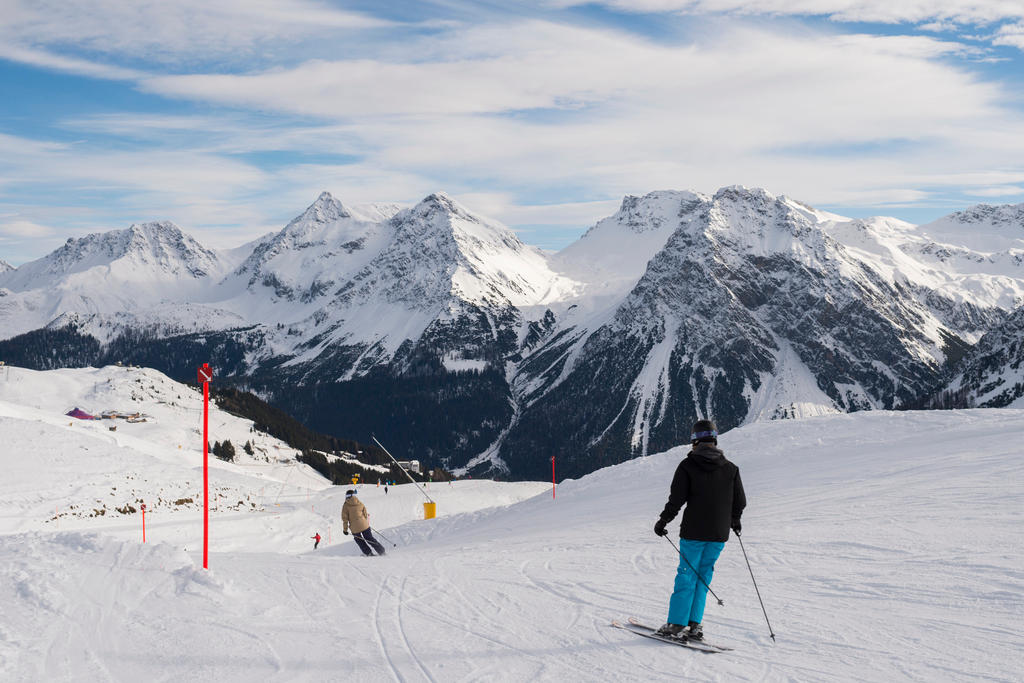
You can find an overview of ongoing debates with our journalists here. Please join us!
If you want to start a conversation about a topic raised in this article or want to report factual errors, email us at english@swissinfo.ch.